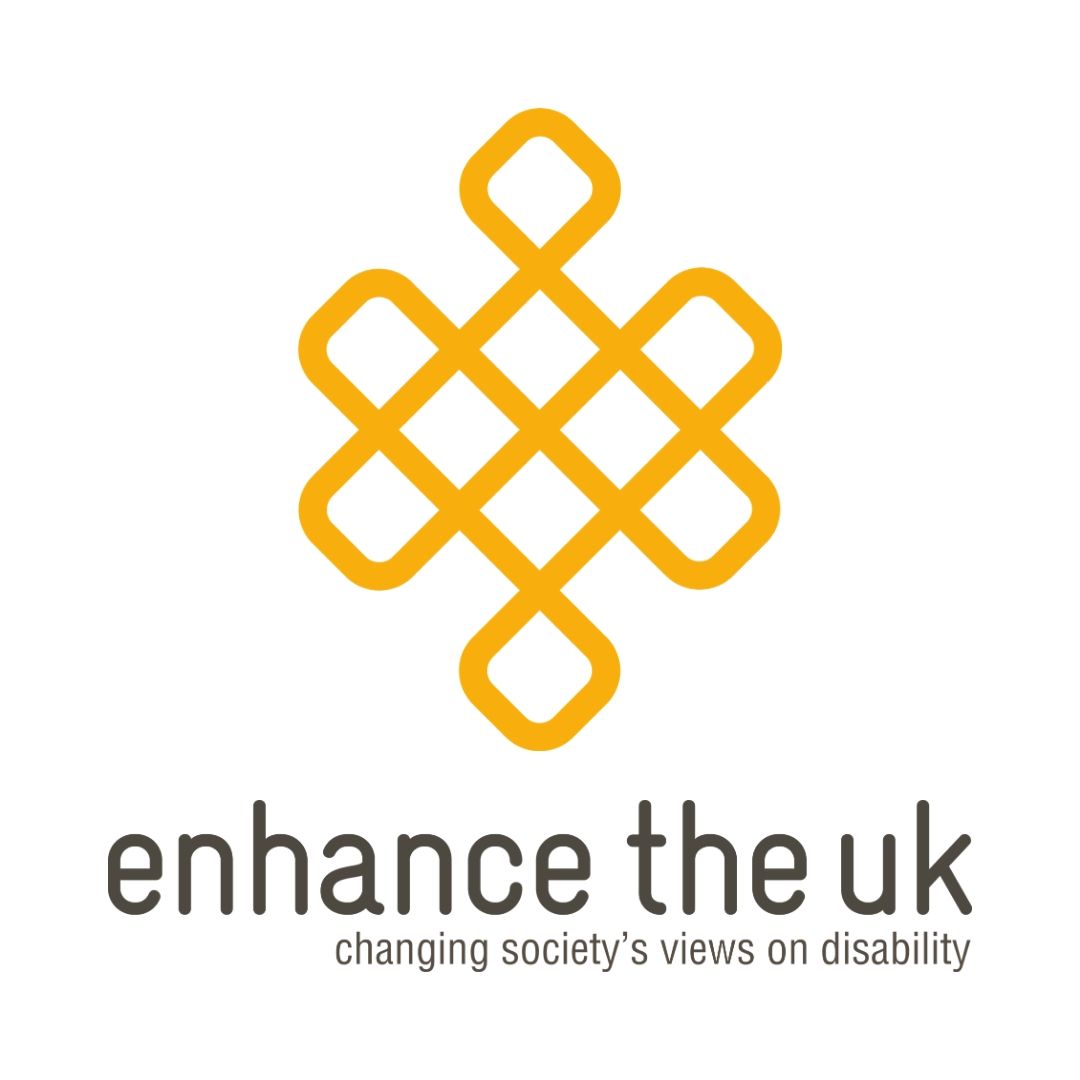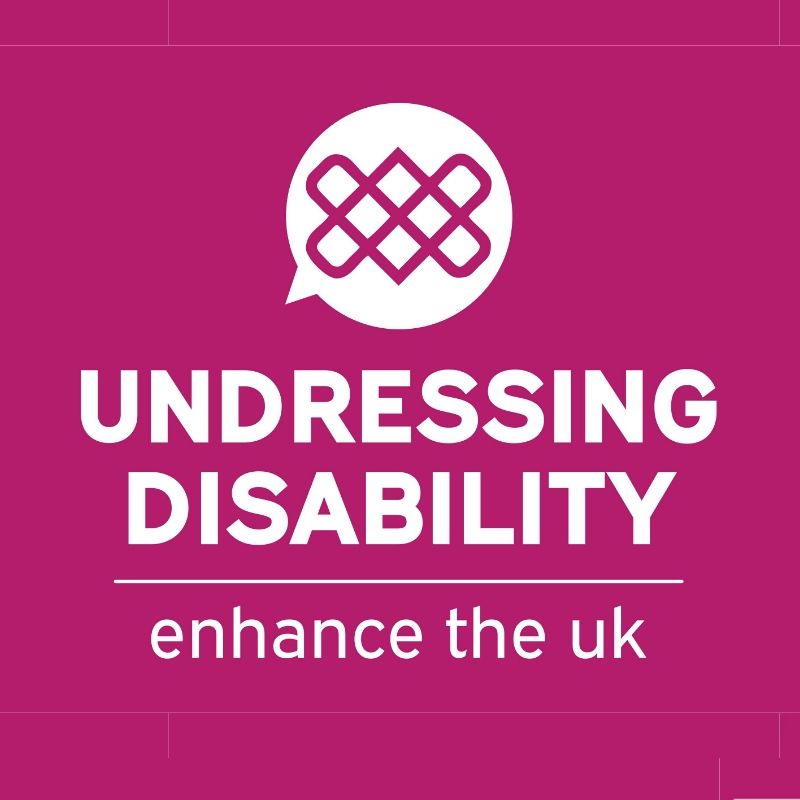
If this is a subject you’d like to bring up in your relationship, but you’re not quite sure how to, please do read on and we will do our best.
Read more

If this is a subject you’d like to bring up in your relationship, but you’re not quite sure how to, please do read on and we will do our best.
Read more

Disabled people ask us how they can get in touch with their kinkier sides, whilst staying safe and keeping pain levels in check.
Read more….

Breaking up might be the right thing for you and your partner, especially in the long term, but that doesn’t make the ending hurt any less, or make it seem unfair or unjust

Our ‘Undressing Disability’ campaign has also allowed us to discuss sexuality and identity on a broader scale, and we have recently been in conversation with academics, healthcare officials and educational

If you’re disabled and have been hurt before, or are unsure about how a new partner will take to you, your impairment and any additional requirements or care needs you

Society seems to think that disabled people don’t, won’t and can’t have sex, and that’s a myth that we are here to dispel. Want to join us? Keep reading!

I have been made to feel unattractive/ugly from quite a young age, and was subjected regularly to sexual abuse from the age of 4. Needless to say I grew

You might have discussed having sex for the first time with your new beau, or just decided that tonight might be your night! However you want it to go down,

For those of us who are disabled, penetration isn’t always possible, comfortable or even desired… but it also isn’t everything. Whilst penetrative sex is seen as the be all
I have come to a point in my life where I don’t know how to date, when to disclose my disability but also an illness without a prognosis. I thought about dating other disabled people